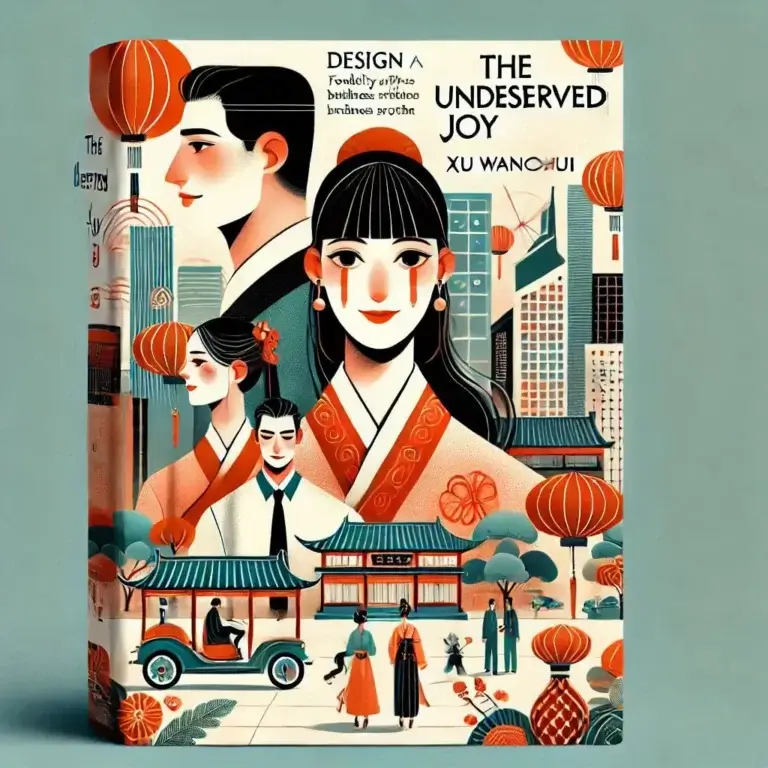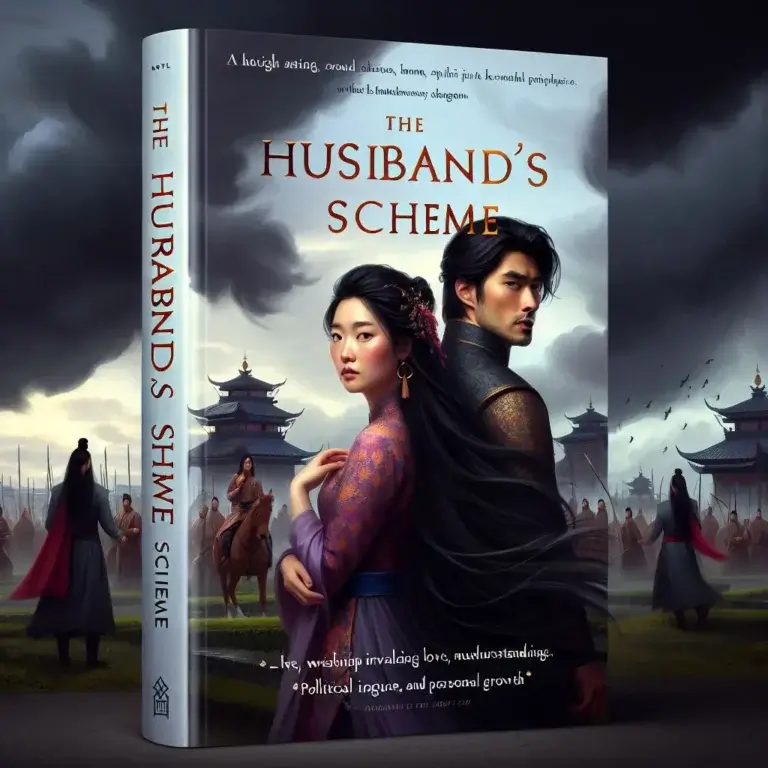The musicians subconsciously adjusted themselves, instantly completing the shift from matching Qi Shejiang’s rhythm to aligning with his pitch. Lao Bai had no idea how long Qi Shejiang had been learning, but simply based on the charm in his voice, he had to commend the ancestors for their blessings. The only thing Lao Bai didn’t quite understand was that Qi Shejiang’s rhythm resembled the Mu School’s Mei Hua Dagu, but the singing style also seemed to have traces of Jingyun Dagu, and the lyrics echoed the drum lyrics from “Why Must We Go to the West Wing?” but with some differences.
Chapter Three Qi Shejiang was not a professional Dagu performer and had never created any drum songs. The reason Lao Bai couldn’t recognize it was that what he had just sung, while reminiscent of Dagu, was actually not any drum song at all, but Zidi Shu! Compared to drum songs, he felt that the singing style of Zidi Shu was more fitting for this song. “Zidi Shu” is a form of folk art that originated among the Eight Banner children in the old capital, thus named, with relatively refined themes and lyrics. In Qi Shejiang’s time, very few people knew it; it had basically vanished from public view, almost considered lost.
He had only learned it by chance from an old artist who had no disciples. The singing style of Zidi Shu is complex; that old artist hadn’t mastered all of it, yet taught everything he knew to Qi Shejiang. Unfortunately, before Qi Shejiang could take on disciples himself, the old artist passed away. Although Zidi Shu has become rare, it has another name, called “Old Drum Lyrics.” Later styles like Jingyun Dagu, Lihua Dagu, and Henan Zhuizi inherited parts of the rhythm, melody, and text from Zidi Shu during their inception, hence Zidi Shu being colloquially referred to as “Old Drum Lyrics.” Zidi Shu can be considered a precursor to these drum songs, with deep connections between them. —Therefore, it is not that Qi Shejiang’s singing style resembles Dagu, but rather Dagu resembles the Zidi Shu that Qi Shejiang sang!
At the end of the song, Qi Shejiang added two more lines: “The history is complete with righteousness; new lyrics fill up with emotions!” Also from Zidi Shu, he and the musicians seemed to have reached an unspoken understanding, cooperating harmoniously, even though they were strangers. At the final word, only the three-string instrument remained, accompanying Qi Shejiang’s lingering tail note, the smooth and bright string sound rolling down. Lao Bai withdrew his hand, feeling an inexplicable sense of longing, and noticed that Qi Shejiang had turned back to lightly nod in their direction. Lao Bai and the others returned smiles, having completed a beautiful collaboration without exchanging a single word. … After the concert, Qi Shejiang wanted to chat with the string musicians but was dragged backstage by Xia Yiwei and Li Jing; he couldn’t escape. Both Xia Yiwei and Li Jing were astonished by Qi Shejiang’s performance—they felt he was completely transformed! Having debuted for a long time, Xia Yiwei could fully sense the kind of aura Qi Shejiang exuded on stage, calm and confident.



